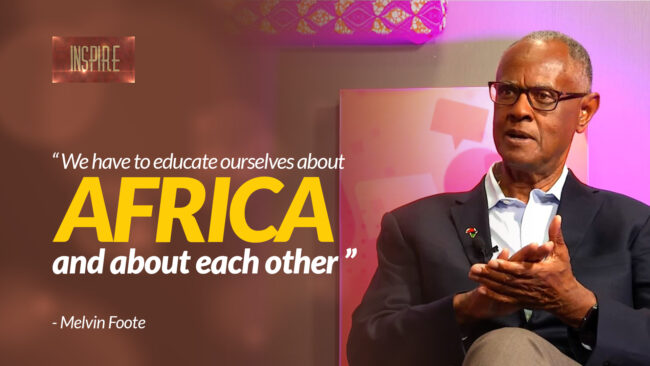Tips For Stress Management
“It is not the load that breaks you down, it is the way you carry it.” ~ Lou Holtz (Author)
There are things we can do to relieve the strain and recover control, even though it might seem like there is nothing we can do about stress at work and home. We run the danger of harming our overall health if we are under a lot of stress. Both our physical and emotional well-being is negatively impacted by stress. It limits our capacity for clear thinking, efficient functioning, and enjoyment of life. There may seem to be little we can do to relieve stress, and there will never be more hours in the day, the bills will not stop rolling in, and our obligations to our jobs and families will always be demanding. Despite what we may believe, we have a lot more control.
Stress is the body’s and mind’s physiological and psychological reaction to conditions that feel too overwhelming. We frequently question how to handle stress. There are various ways for us to handle stress and lessen the general tension of daily tasks. Our lives might feel tense and overwhelming at times because of the quick pace of work and home, the continual barrage of technology, and the need to connect with others around us.

Photo source: Nicola Barts
To be happier, healthier, and more productive, effective stress management enables us to release the grip that stress has on our lives. The overall purpose is to live a balanced life that includes time for work, relationships, relaxation, and fun, as well as the fortitude to withstand stress and face obstacles head-on. Nevertheless, there is no one-size-fits-all approach to stress management, so we must experiment to determine what works best for us. The following stress-reduction advice can assist us in achieving that.
-
Finding the sources of our life’s stress.
Finding the roots of our stress is the first step in managing it. It is not as easy as it seems to do this. Finding the causes of persistent stress can be more challenging than identifying big stressors like job changes, divorce, etc. It is far too simple to ignore how ways in which our attitudes, sentiments, and actions add to the stress we experience every day. For instance, we may be aware that we worry about work deadlines all the time, but perhaps the stress is being brought on more by our procrastination than by the demands of the job itself. This means that to pinpoint the real causes of our stress, we must carefully examine our attitudes, excuses, and habits.
-
Maintaining a healthy diet and exercise routine.
Exercise and nutrition are two crucial factors in how we react to stress, says Mayo Clinic Health System. Our minds can be healthy when our bodies are, and the reverse is also true. Exercise is shown to be an effective way to reduce stress and enhance the overall quality of life. Since stress can deplete several vitamins, such as vitamins A, B complex, C, and E, nutrition is crucial. Maintaining a healthy diet not only makes our bodies feel better but also makes our minds feel better, which makes it easier for us to deal with stress.
-
Teaming together with others.
People are social creatures. To feel empowered, we need relationships with other people. Finding a feeling of community is crucial to our wellbeing, whether it is at the workplace, with a religious group, or through shared pursuits like team sports. Participating in a joint activity enables us to build relationships and receive support through trying times.
-
Allowing time for leisure and rest.
In addition to taking action and being optimistic, we may lessen stress in our lives by scheduling “me” time. We should not let the stress of life overwhelm us to the point where we neglect to take care of our personal needs. Self-care is a requirement, not a luxury. If we routinely carve out time for fun and rest, we will be better equipped to deal with the stresses of daily life.

















